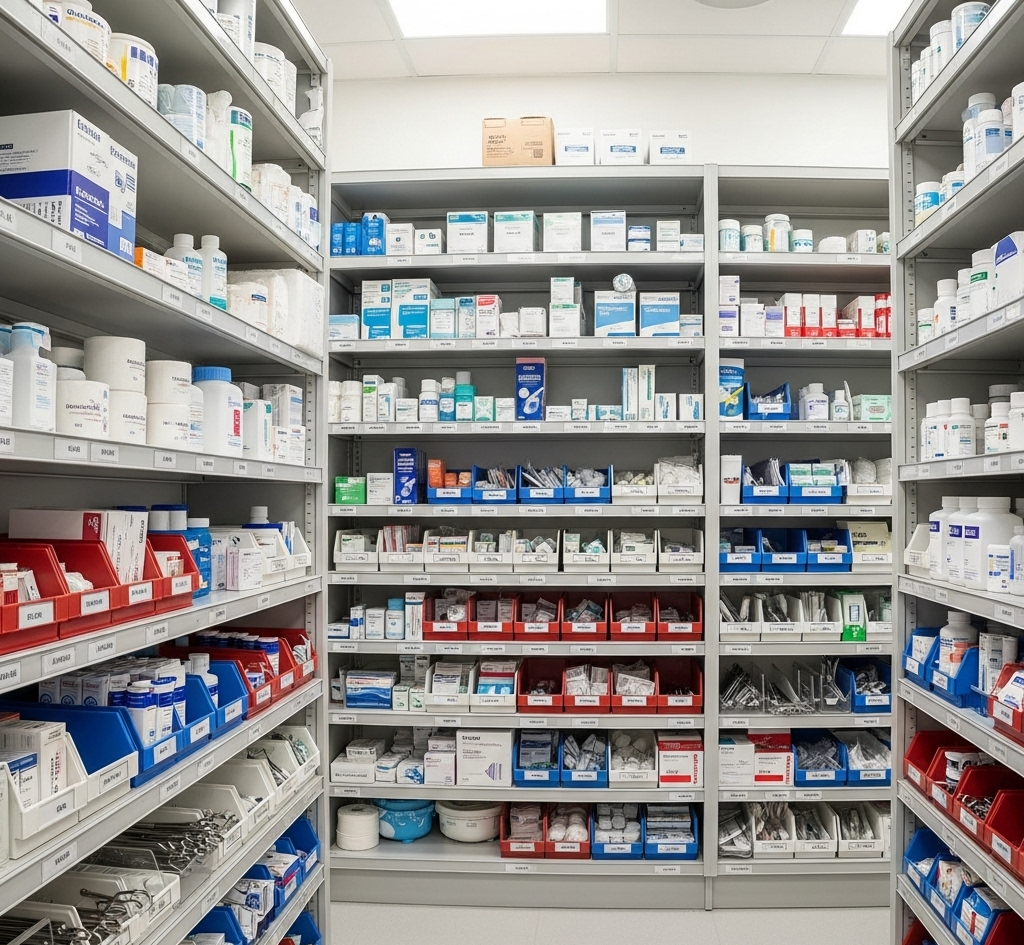
In the complex ecosystem of healthcare, the quality of patient care hinges not only on skilled professionals and advanced technology but also on the reliability and performance of suppliers. From medical devices to pharmaceuticals, the products and services provided by suppliers play a critical role in ensuring patient safety and improving health outcomes. Poor supplier performance can lead to delays, defective products, or inconsistent quality, all of which can have profound consequences for patients. This blog post explores how supplier performance directly impacts patient safety and outcomes and offers insights into fostering stronger supplier relationships to enhance healthcare delivery.
Suppliers in healthcare provide essential goods and services, including:
Medical Devices: Equipment like ventilators, surgical tools, and diagnostic machines.
Pharmaceuticals: Medications, vaccines, and other therapeutic agents.
Consumables: Items like syringes, gloves, and sterilization products.
Logistical Support: Services ensuring timely delivery and proper storage of medical supplies.
Each of these components is integral to patient care, and any lapse in quality, availability, or reliability can disrupt clinical workflows and compromise patient safety.
High-quality medical supplies are non-negotiable in healthcare. Defective or substandard products can lead to serious safety risks. For example:
A malfunctioning pacemaker could cause life-threatening complications for a cardiac patient.
Contaminated surgical tools could lead to infections, prolonging hospital stays and increasing mortality risks.
Poor-quality medications, such as those with incorrect dosages or impurities, can result in ineffective treatment or adverse reactions.
Suppliers with rigorous quality control processes and adherence to regulatory standards (e.g., FDA or ISO certifications) help mitigate these risks, ensuring that healthcare providers have access to safe and effective tools.
Delays in the supply chain can have cascading effects on patient care. For instance:
A shortage of critical medications, such as insulin or chemotherapy drugs, can disrupt treatment plans, worsening patient conditions.
Late delivery of surgical supplies might delay procedures, increasing patient discomfort or risk.
In emergencies, such as during a natural disaster or pandemic, the inability to quickly replenish supplies like ventilators or personal protective equipment (PPE) can overwhelm healthcare systems.
Suppliers with robust logistics and contingency planning ensure consistent availability, enabling healthcare facilities to respond effectively to both routine and urgent needs.
Suppliers must comply with stringent regulations to ensure their products meet safety and efficacy standards. Non-compliance can result in recalls, fines, or bans, which disrupt the supply chain and erode trust. For example, in 2020, the FDA issued recalls for certain lots of metformin, a diabetes medication, due to contamination concerns. Such incidents can delay treatment and undermine patient confidence in the healthcare system.
Suppliers that invest in research and development contribute to better patient outcomes by providing innovative solutions. For instance, advanced wound care products or personalized medications tailored to genetic profiles can improve recovery times and reduce complications. Conversely, suppliers that fail to innovate may leave healthcare providers with outdated tools, limiting their ability to deliver cutting-edge care.
Poor supplier performance can lead to tangible negative outcomes:
Increased Medical Errors: Faulty equipment or inconsistent supplies can contribute to errors during procedures or diagnostics.
Higher Costs: Recalls, replacements, or emergency sourcing of supplies increase operational costs, which may ultimately affect patients through higher healthcare expenses.
Worse Patient Outcomes: Delays or unavailability of critical supplies can lead to prolonged illnesses, complications, or even fatalities.
Reputational Damage: Healthcare facilities reliant on subpar suppliers may face scrutiny, eroding patient trust and institutional credibility.
To mitigate risks and enhance patient safety, healthcare organizations can adopt the following strategies:
Rigorous Supplier Selection: Choose suppliers with proven track records, certifications, and robust quality assurance processes.
Performance Monitoring: Regularly evaluate supplier performance using metrics like delivery times, product quality, and compliance rates.
Strong Relationships: Build collaborative partnerships with suppliers to ensure open communication and alignment on goals.
Diversified Supply Chains: Work with multiple suppliers to reduce dependency and mitigate risks from disruptions.
Technology Integration: Use supply chain management systems to track inventory, forecast needs, and identify potential bottlenecks.
Supplier performance is a linchpin in the delivery of safe and effective healthcare. By prioritizing quality, reliability, and innovation, suppliers can directly contribute to better patient outcomes and safer care environments. Healthcare organizations must recognize the critical role suppliers play and invest in strong, strategic partnerships to ensure a resilient supply chain. In doing so, they safeguard not only their operations but also the health and well-being of the patients they serve.
© 2025 Lasso Supply Chain Software LLC
Get instant access to our report on the Top Procurement Trends of 2025 by filling out the form below.

Get instant access to our report on the Top Procurement Trends of 2025.